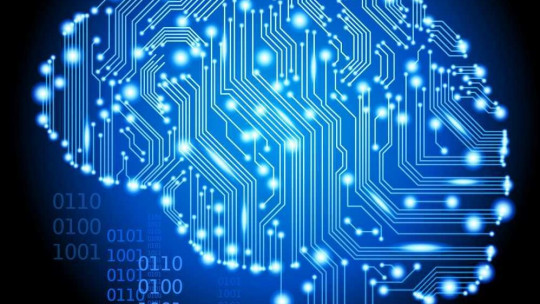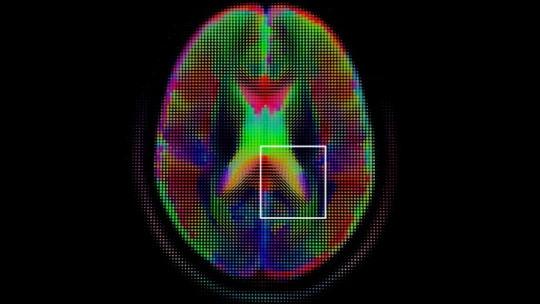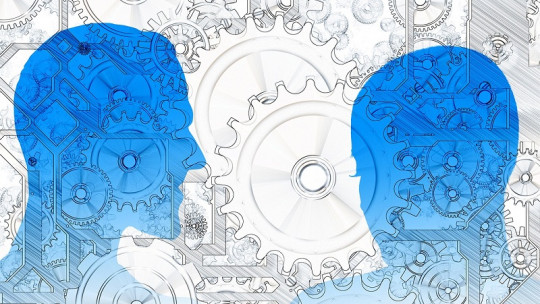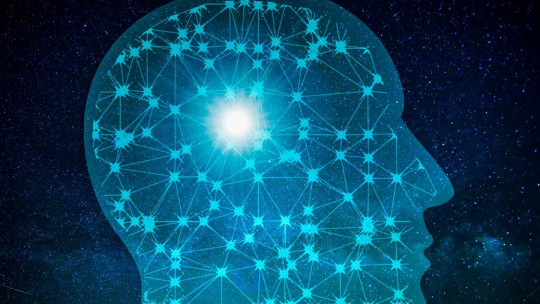
The frame problem It is a term that, as its words indicate, refers to a problem that is not yet resolved in the area of cognitive sciences, philosophy of mind and artificial intelligence.
The attempt to solve this problem has been relevant for a good part of the previous disciplines, whose rise has spread since the end of the 20th century. Below we will see what the “framework problem” consists of, from what philosophical and scientific approaches we have attempted to solve it, and why it has been relevant to cognitive psychology.
The framework problem: how do we execute a task?
Among the many things that philosophy of mind, cognitive science, and artificial intelligence have studied is the how human beings have the ability to discriminate between different options when we have to solve a problem. This has also led them to wonder why until now a machine has not been able to respond in the same way.
And the thing is, differentiating between different alternatives or possibilities, and then selecting the one that best suits the circumstances of the task we are about to execute, is something that only human beings can do.
In other words, in order to perform a task, the first thing we do is understand the situation where the task will be carried out. This involves considering the possible consequences of the action we are about to take, since it can always have side effects (effects that could prevent us from reaching the main objective).
The latter is something that human beings do practically automatically, without realizing it. However, it involves a series of very complex cognitive tools that have not been possible to reproduce in computational systems until now.
This is because, although a computer can be programmed to respond specifically to a task, that programming cannot be sufficiently flexible or voluntary to discern between different options and decide what is priority or most prudent depending on the situation.
We can’t anticipate everything
The framing problem arises in a context where there are many attempts to understand and respond to the process described above. It is a problem that refers to many other doubts about the functioning of the human mind ; However, one of these doubts that has been crucial is precisely the reflection on how the effects of an action can be represented without having to explain or foresee all the effects that may arise from said action (since this is impossible even for humans. ).
Although the framework problem can encompass different reflections, depending on the discipline that is trying to solve it, we can broadly say that it is about how the human mind determines the relevance of information when carrying out a specific task.
It is a problem that ponders the idea that not everything can be anticipated with certainty. Actions have a series of contingencies, unexpected events that we cannot know in advance whether they are going to affect us or not. In other words, although we can evaluate the consequences that each decision could have, our actions have limits and effects that we cannot predict or control. Reflecting on the side effects of a task is something that can never end.
For that same reason, we have not been able to program a machine to develop the ability to discriminate between different alternatives and their side effects, and at the same time execute an action at the time and in the way we expect.
Also for this reason, the framework problem was initially posed by the cognitive sciences, but quickly moved to the field of artificial intelligence, logic and the philosophy of mind.
Its importance in cognitive sciences
In the field of study of cognitive sciences, the framework problem has focused on understanding how we carry out some automatic tasks necessary for our survival, for example making inferences, reasoning, solving problems, discerning between different alternatives, making decisions. , among other.
Providing answers to this problem is one of the main and most promising tasks of cognitive science today. In fact, there are those who believe that if it is not resolved, These sciences would have limited progress.
It is for this reason that the problem of the framework remains valid in numerous philosophical and scientific debates. However, the framework problem has many connotations, which depend on the theory or discipline in which it is addressed and tries to solve it. For example, it may have different answers in logic, epistemology, or metaphysics.








